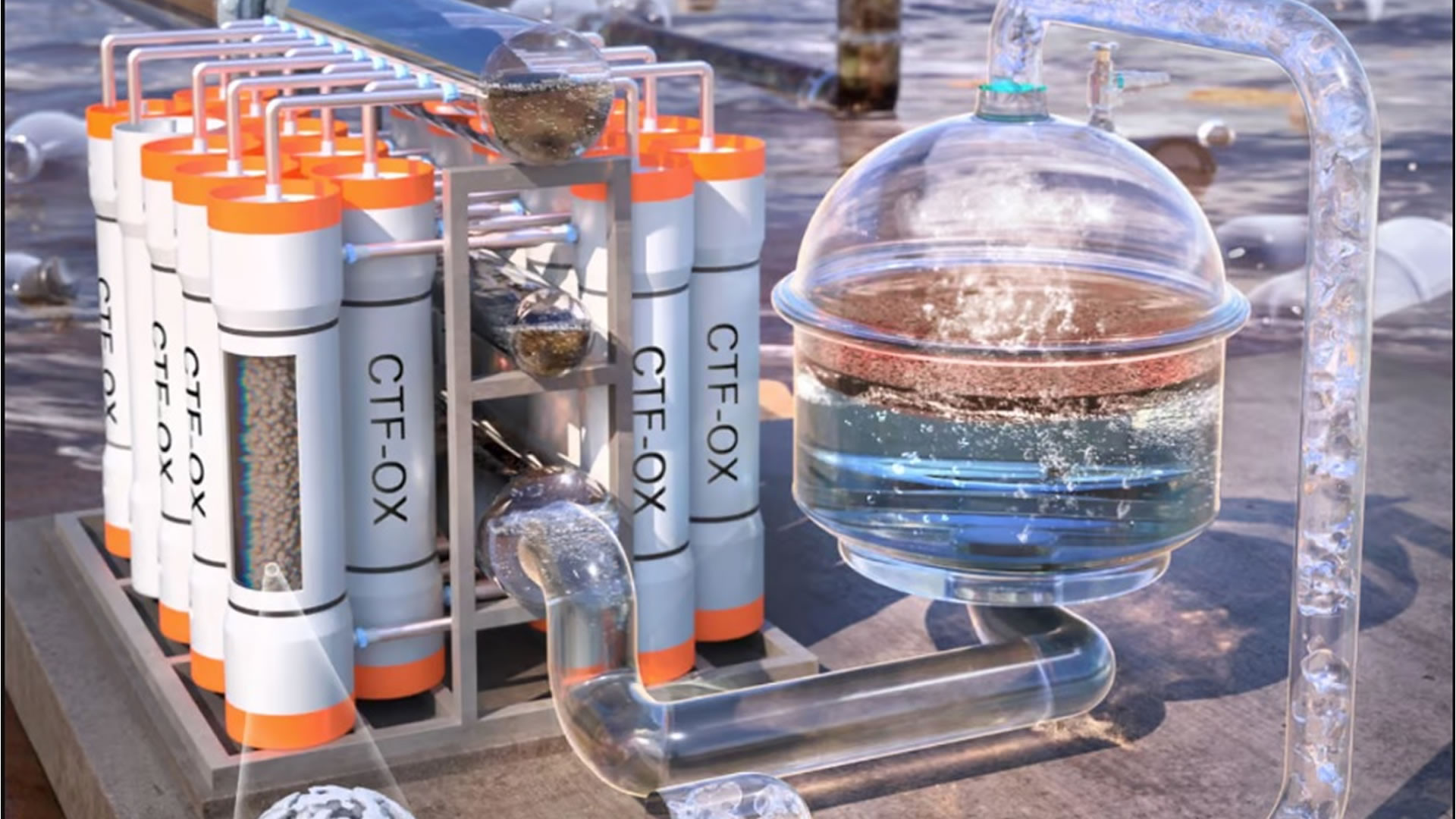New Technology to filter micro-plastics from Water
Scientists from South Korea have developed a new water purification system that can effectively remove microplastics from water in just 10 seconds. The system uses a polymer that is relatively inexpensive and has excellent adsorption performance and good photothermal properties. The breakthrough technology requires lower levels of energy, making it suitable for solar-based use, particularly in developing countries where power supply is unreliable.
The Problem of Microplastics in Water
Microplastics, tiny plastic particles that are less than 5mm in size, have become a global problem. They have been found in water bodies, soil, and air, and have even made their way into the human food chain. The presence of microplastics in water can have negative impacts on aquatic life and potentially on human health.
Limitations of Traditional Carbon-Based Filters
While some traditional carbon-based filters can filter out microplastics, they have limitations. The adsorption rate is slow, and they are not energy-efficient. These limitations make it difficult to use these filters on a large scale to purify water affected by microplastics.
Benefits of the New System
- The new water purification system has several benefits over traditional carbon-based filters. In addition to being more efficient at removing microplastics, the system also requires lower levels of energy and is relatively inexpensive.
- These benefits make it an ideal solution for purifying water in a variety of settings, including developing countries where access to clean water is a critical issue.
The new water purification system developed by scientists in South Korea offers an effective and efficient solution to the problem of microplastics in water. The system uses a polymer that is able to quickly and effectively filter out these contaminants and requires lower levels of energy, making it ideal for use with solar power. With its many benefits, this system has the potential to make a significant impact on the availability of clean water in a variety of settings.
Month: Current Affairs - January, 2023
Category: Science & Technology Current Affairs


